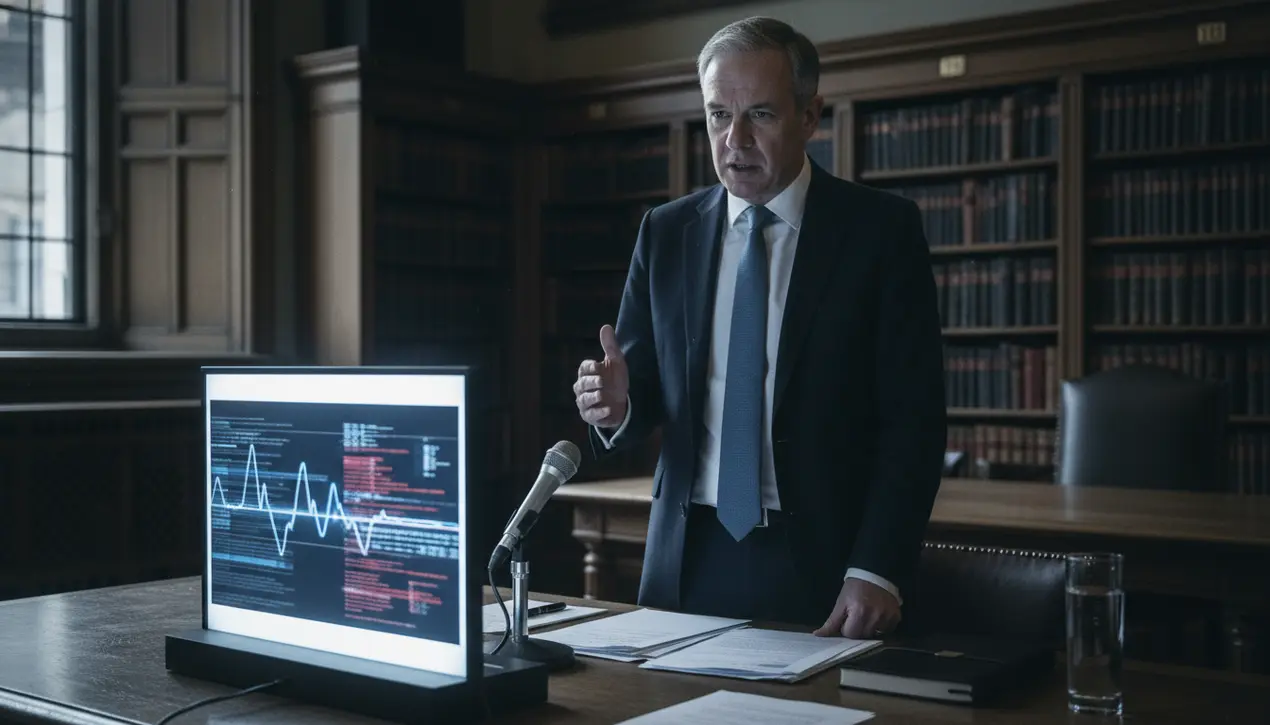
Politicsgovernments & cabinetsPublic Statements
UK PM Starmer Supports BBC Amid Crisis and Trump Lawsuit.
RO
Robert Hayes
2 hours ago7 min read3 comments
In a robust defense echoing the gravitas of a Churchillian address, British Prime Minister Keir Starmer declared on Wednesday that a formidable and editorially sovereign BBC is an indispensable bulwark in our contemporary maelstrom of disinformation, a stance that resonates deeply with historical precedents where public broadcasters served as the bedrock of democratic discourse during periods of profound societal uncertainty. However, Starmer’s endorsement was far from unconditional; he pointedly admonished the corporation to urgently rectify its internal governance, to 'get its house in order,' a directive issued against the immediate backdrop of a severe institutional crisis and the looming specter of litigation from former U.S. President Donald Trump.This dual-pronged challenge represents the most significant existential threat the BBC has confronted in decades, a stark departure from its storied history as a global standard-bearer for journalistic integrity, following the abrupt resignations of its two most senior figures—Director General Tim Davie and Head of News Fran Unsworth—amid a firestorm of criticism over editorial standards and persistent accusations of political bias, particularly in its coverage of Trump and other polarizing global figures. The parallels to past crises, such as the Hutton Inquiry of 2003 which scrutinized the BBC's reporting on the Iraq War and led to the resignation of then-Director General Greg Dyke, are both striking and instructive, highlighting a recurring tension between the broadcaster's mandate for fearless journalism and the immense political pressures it perpetually navigates.Trump’s threatened lawsuit, alleging defamation and biased reporting, injects a volatile, transatlantic dimension into the affair, reminiscent of past legal skirmishes between powerful American political figures and foreign media entities, yet amplified by the uniquely personal and combative nature of Trump's relationship with the press corps. Analysts suggest that the outcome of this potential legal battle could set a troubling precedent for libel tourism and the ability of foreign leaders to intimidate critical journalism, a concern that extends far beyond Britain's shores to media organizations across Europe and North America.Meanwhile, Starmer’s delicate balancing act—championing the BBC's foundational principles while demanding internal reform—reflects the broader, agonizing dilemma facing public service broadcasters worldwide: how to maintain public trust and financial viability in an era of fragmented audiences, rampant online misinformation, and relentless political scrutiny. The Prime Minister’s position is not merely administrative; it is profoundly strategic, recognizing that a neutered or discredited BBC would cede the information battlefield to bad-faith actors, thereby weakening the very fabric of British civic life. As the corporation's board scrambles to appoint new leadership and shore up its tarnished reputation, the global media landscape watches with bated breath, understanding that the fate of this nearly century-old institution will have profound implications for the future of independent journalism, the health of democratic institutions, and the ongoing struggle between truth and power on the international stage.
#lead focus news
#BBC
#Keir Starmer
#Donald Trump
#lawsuit
#media crisis
#disinformation
#UK government
Stay Informed. Act Smarter.
Get weekly highlights, major headlines, and expert insights — then put your knowledge to work in our live prediction markets.
Comments
Loading comments...
© 2025 Outpoll Service LTD. All rights reserved.